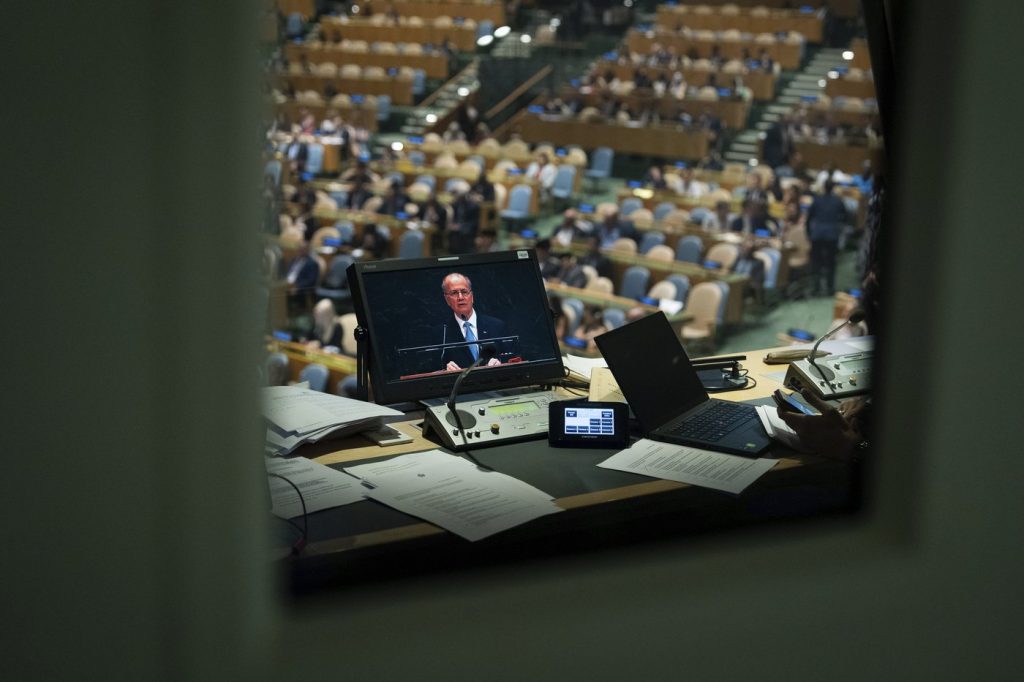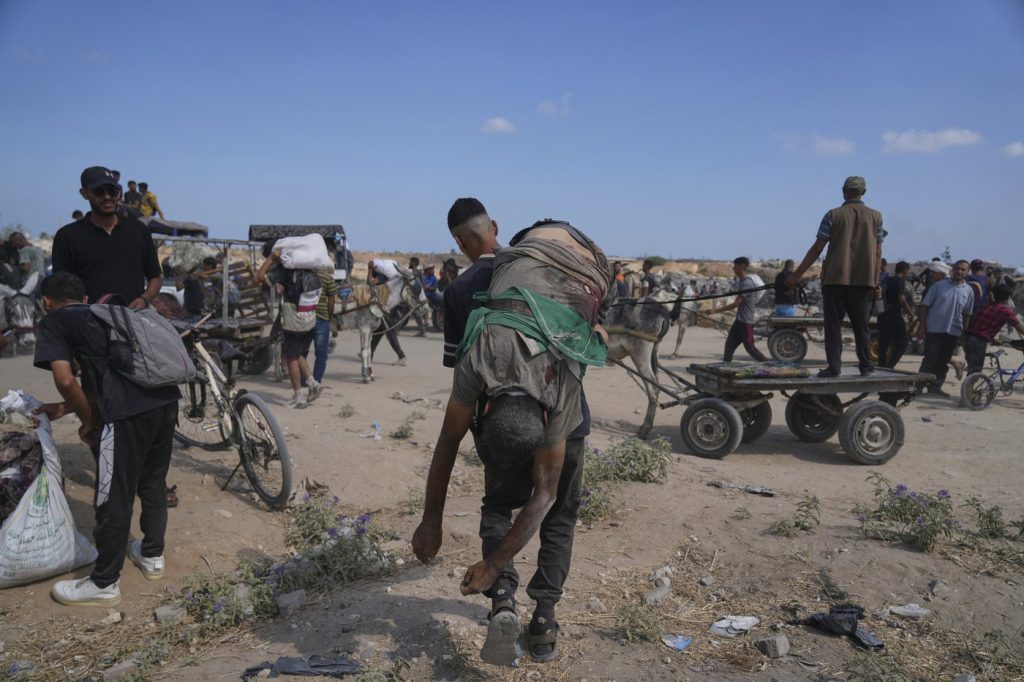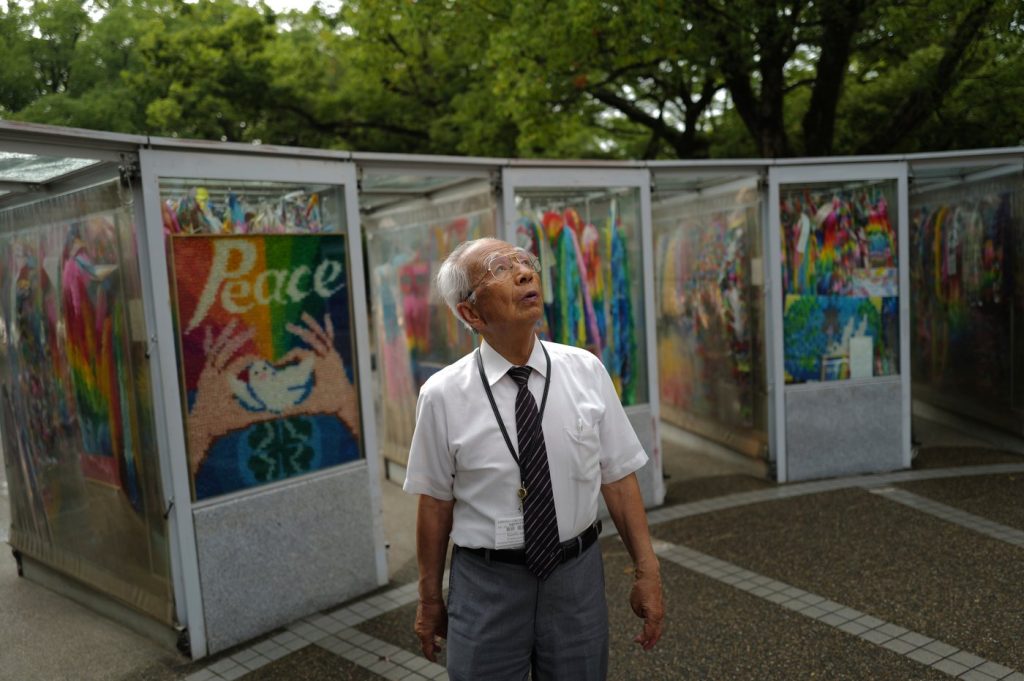UNITED NATIONS (AP) – The long-stalled discussion surrounding an independent Palestinian state coexisting peacefully with Israel has emerged once again, prominently featured at a recent high-level United Nations conference. France and Saudi Arabia led this initiative, aiming to maintain momentum for a two-state solution amidst a backdrop of ongoing conflict and complex political landscapes.
The obstacles to achieving such a solution are formidable. The relentless warfare in Gaza, which is integral to the vision of a Palestinian state, continues to escalate, mirroring increasing tensions in the West Bank. Israeli Prime Minister Benjamin Netanyahu, alongside his right-wing administration, staunchly opposes the formation of an independent Palestinian state. He argues that acknowledging statehood would equate to rewarding acts of terrorism, especially following Hamas's attacks on October 7, 2023.
Despite these challenges, the call for a two-state solution is gaining traction. The recent U.N. conference, co-chaired by France and Saudi Arabia, marked a pivotal moment in re-engaging global attention on this enduring conflict. Notably, the conference was boycotted by both Israel and its ally, the United States, yet it drew participation from approximately 160 of the U.N.'s 193 member nations, with 125 expressing explicit support for the two-state framework.
During the conference, French U.N. Ambassador Jérôme Bonnafont acknowledged the critical need for a ceasefire in Gaza and substantial humanitarian assistance for the over 2 million Palestinians currently facing dire circumstances. He emphasized that without addressing these urgent issues, it would be exceedingly challenging to redefine Gaza's governance and its role within the future Palestinian state.
The conference resulted in the creation of a seven-page document, dubbed the “New York Declaration.” This declaration outlined key recommendations from eight working groups focused on essential components necessary for a two-state solution, covering areas such as security for both nations, political reforms, legal challenges, humanitarian aid, economic development, and the reconstruction of Gaza. This joint effort culminated in a push for Israel to formally endorse the establishment of a Palestinian state while simultaneously urging a broader recognition of this entity as vital to the peace process.
Significantly, for the first time, the Arab League's 22 member states condemned the recent attacks by Hamas on Israeli civilians and insisted that Hamas relinquish its control over Gaza and disarm. This marks a notable shift in the narrative, prioritizing a transition towards a future demilitarized Palestinian state, potentially safeguarded by a temporary international stabilization force endorsed by the U.N. Security Council.
Richard Gowan, U.N. director for the International Crisis Group, attributed the success of the conference to French President Emmanuel Macron's ambitious vision, which heightened the event’s significance. The participation of major states like France, the United Kingdom, and Canada allowed for a clear expression of dissatisfaction with current Israeli policies, while also giving Palestinian leaders a renewed sense of political leverage.
Additionally, Turkish Foreign Minister Hakan Fidan remarked on the rising global support for Palestinian statehood and Israel's diminishing diplomatic alliances. Meanwhile, Bonnafont delivered a clear message, asserting that true peace cannot be achieved through denial of Israel’s existence. He reiterated that the pathway to Palestinian statehood lies solely within the framework of a two-state solution, highlighting its feasibility and urgent relevance.
The conference, rich in diplomatic activity and new pledges, has set the stage for future discussions and actions aimed at revitalizing the quest for a peaceful resolution to the Israeli-Palestinian conflict, a process long deemed necessary yet perpetually delayed.












